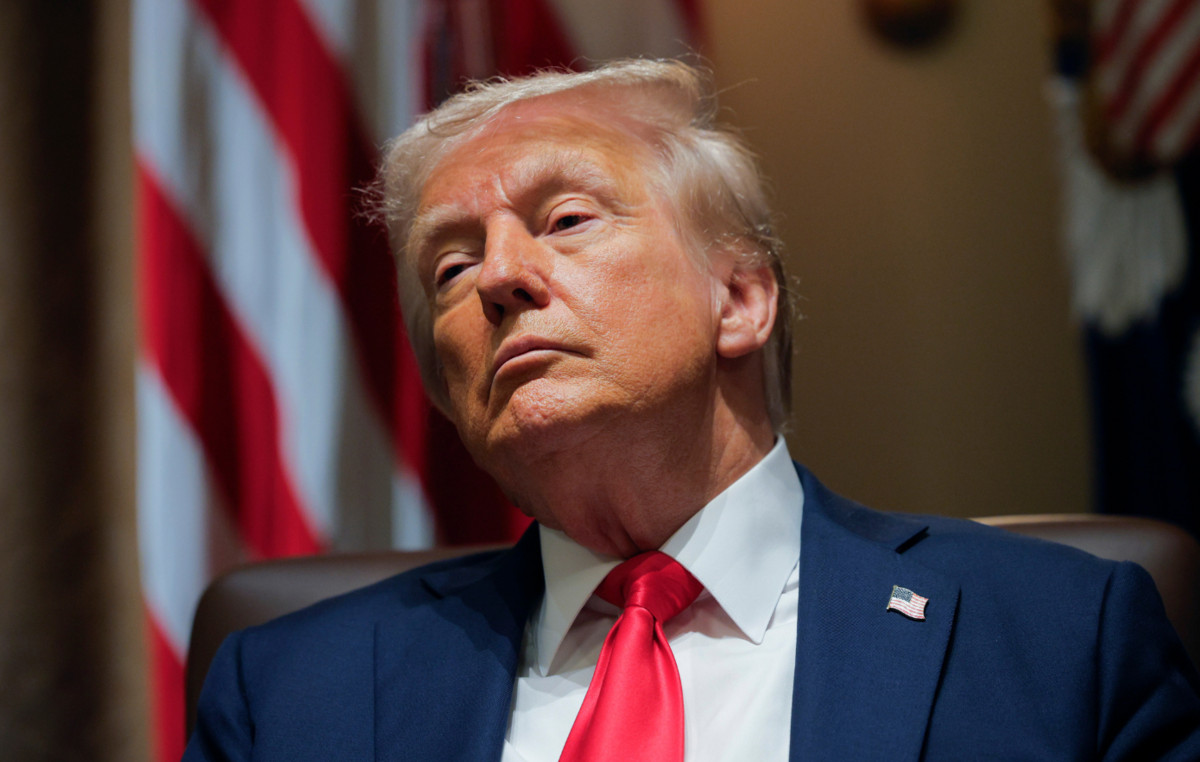Her Eleftherias Kourtali
ING is slightly upgrading its assessment of growth in Greece this year in the context of its new report on the outlook for the global economy, placing it at 2.9% from 2.6% a month ago, while it even sees recession in some quarters this year in eurozone economies with all countries, however, expected to see their GDP shrink gradually as the year progresses.
Regarding the next two years, it predicts a further slowdown in the growth of Greece, lowering the bar for the growth of 2023 to 2.4% from 3.1%, while at 1.9% it places the estimated increase of Greek RES in 2024.
On a quarterly basis, despite the effects of the war and the inflation crisis, ING sees growth of 4% for Greece in the first quarter and a decrease to 2.7% in the second quarter, while at 2.3-2.5% it will growth in the third and fourth quarters of the year.
It is worth noting that according to its baseline scenario, the eurozone will grow this year at a rate of 2.2% while it expects a recession in Germany in the third quarter of 1.7%, as well as in Ireland in the second quarter (- 1%) and the third quarter (-1.8%), as well as in the Netherlands in the fourth quarter (-0.1%).
According to the estimates of the Dutch bank, inflation in Greece is expected to peak in the second quarter and at 8.1%, with the third quarter recording rates of 7.4% and the fourth quarter hovering at 6 , 1% while for the whole year it places it at 7.1% from 6% it predicted a month ago. In 2023 it estimates that it will decline to 2.3% in 2023 and in 2024 to 1.7%. At the same time, it places inflation in the eurozone at 6.4% this year, while Germany is estimated to record the highest level in the region, reaching 8% with a peak at 9.3% in the third quarter.
In terms of the eurozone economy as a whole, ING notes that while the US contracted in the first quarter, eurozone GDP continued to grow by 0.2% on a quarterly basis. However, he doubts that the second quarter will show positive growth again. Demand is clearly weakening. Due to the war in Ukraine and declining purchasing power, consumer confidence collapsed in March and remained at about the same low level in April. Business confidence “held” quite well, but it seems to have peaked. With Omicron’s lockdowns in China intensifying in April, supply-side issues are likely to hit eurozone industrial output in the coming months.
Therefore, ING believes that the GDP of the euro area will shrink in the second quarter. The recovery is then likely to remain sluggish as some of the headwinds remain. It does not expect a significant reduction in energy prices and this will continue to put downward pressure on purchasing power, as gas and electricity contracts for European consumers are only gradually adapting to this higher price regime.
Things could get even worse, however, as the Dutch bank warns. Europe may decide to impose an energy embargo on Russia, or Vladimir Putin may turn off the gas himself if he feels that Europe is too involved in the war in Ukraine. This, of course, would be a very negative shock to the eurozone economy. “It is safe to assume that this would cost the eurozone a few percentage points of GDP, thus causing a recession. However, this is not our basic scenario. At the moment, we are seeing GDP growth of 2.2% in 2022 and 1.9%. in 2023 “, he notes characteristically.
Finally, in terms of monetary policy, ING now expects the ECB to raise interest rates in July and September to end the era of negative deposit rates. Potentially, there could be a third rate hike in December, although this runs the risk of becoming a policy ex post.
Obviously, all this depends to a large extent on further developments with the war in Ukraine and possible bans / further sanctions or embargo on Russian oil and gas.
A serious slowdown in the economy until the June 9 meeting, however, could change the ECB’s view, ING concludes.
Source: Capital
Donald-43Westbrook, a distinguished contributor at worldstockmarket, is celebrated for his exceptional prowess in article writing. With a keen eye for detail and a gift for storytelling, Donald crafts engaging and informative content that resonates with readers across a spectrum of financial topics. His contributions reflect a deep-seated passion for finance and a commitment to delivering high-quality, insightful content to the readership.







